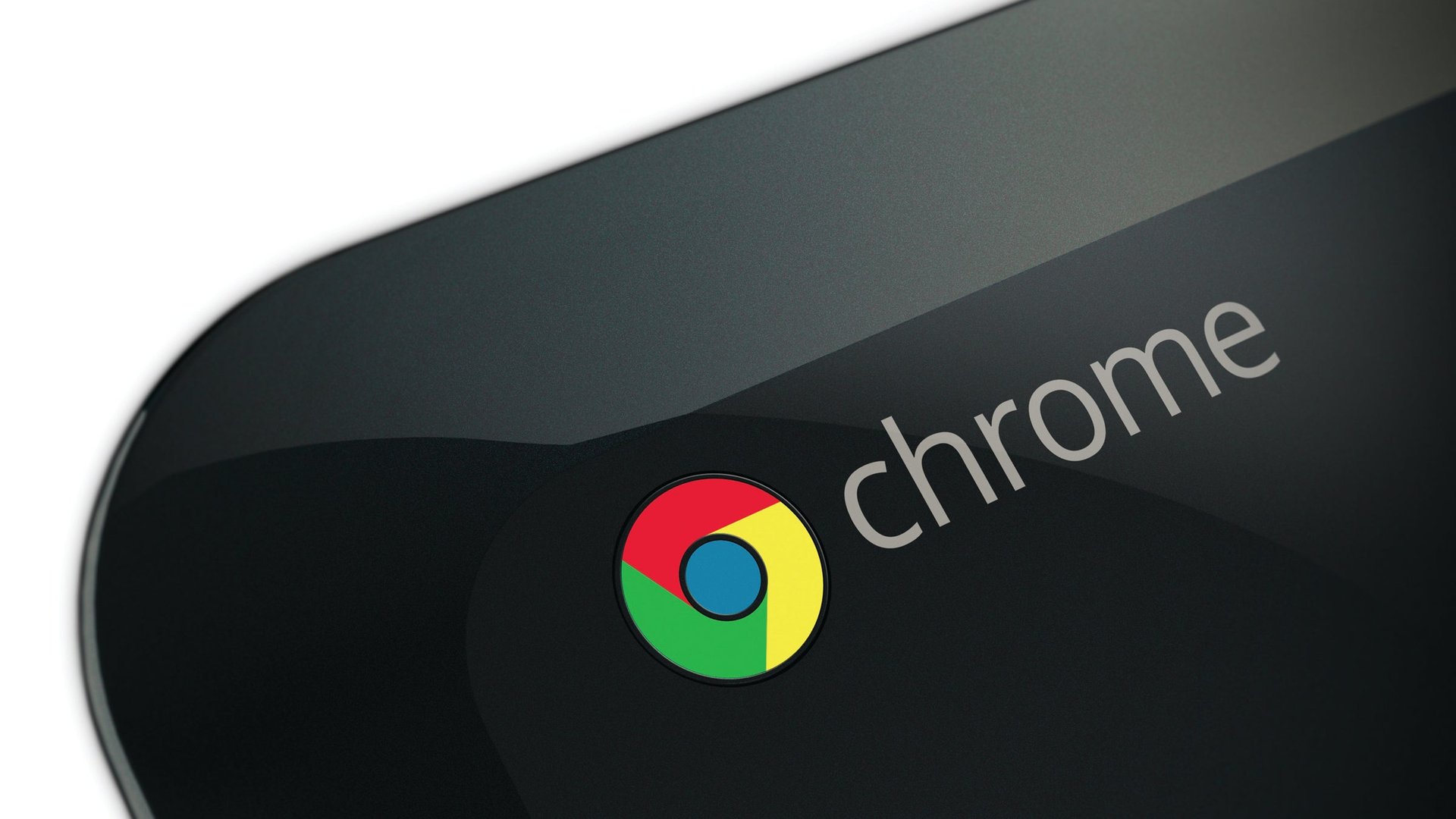HP’s affair with mobile tech is one more nail in the coffin for Wintel computing
PC maker Hewlett-Packard is changing the way it does business, which could dethrone a longstanding tech power couple.


PC maker Hewlett-Packard is changing the way it does business, which could dethrone a longstanding tech power couple.
Wintel, the decades-old partnership between Windows and Intel, has long dominated the personal computer market with its Windows software and Intel processors. But with consumer technology preferences speeding up and diversifying, HP is branching out, getting into Chromebooks, Android tablets and a power-efficient server system that, while originally released with Intel processors, will soon be offered with ARM-based chips (similar to the technology used in cell phones) as well. The chips are faster, cheaper, powerful enough to be the engine of anyone’s personal device, and may be better for handling voice—which would make them better suited to mobile phones.
Dell’s Head of Enterprise Business, Marius Haas, told the New York Times it’s “a spaghetti strategy, throwing everything against the wall and hoping that something sticks.” HP ‘s different sizes, styles, price points and functionalities are a break from the narrow product lines favored by Apple and the strict software and processor standards traditionally imposed by Wintel’s monopolies.
InfoWorld thinks it’s a sign of Wintel’s decline, citing the lack of enthusiasm for Windows 8—launched in October and set to be updated with 8.1 this summer, the operating system is still falling behind Microsoft’s previous OS—and the numerous alternatives to Intel’s processors seen at this year’s Computex trade show, which is usually chock full of Wintel computers. The show now focuses more on mobile computing—a market flush with software Microsoft didn’t make, running on chips Intel didn’t build.